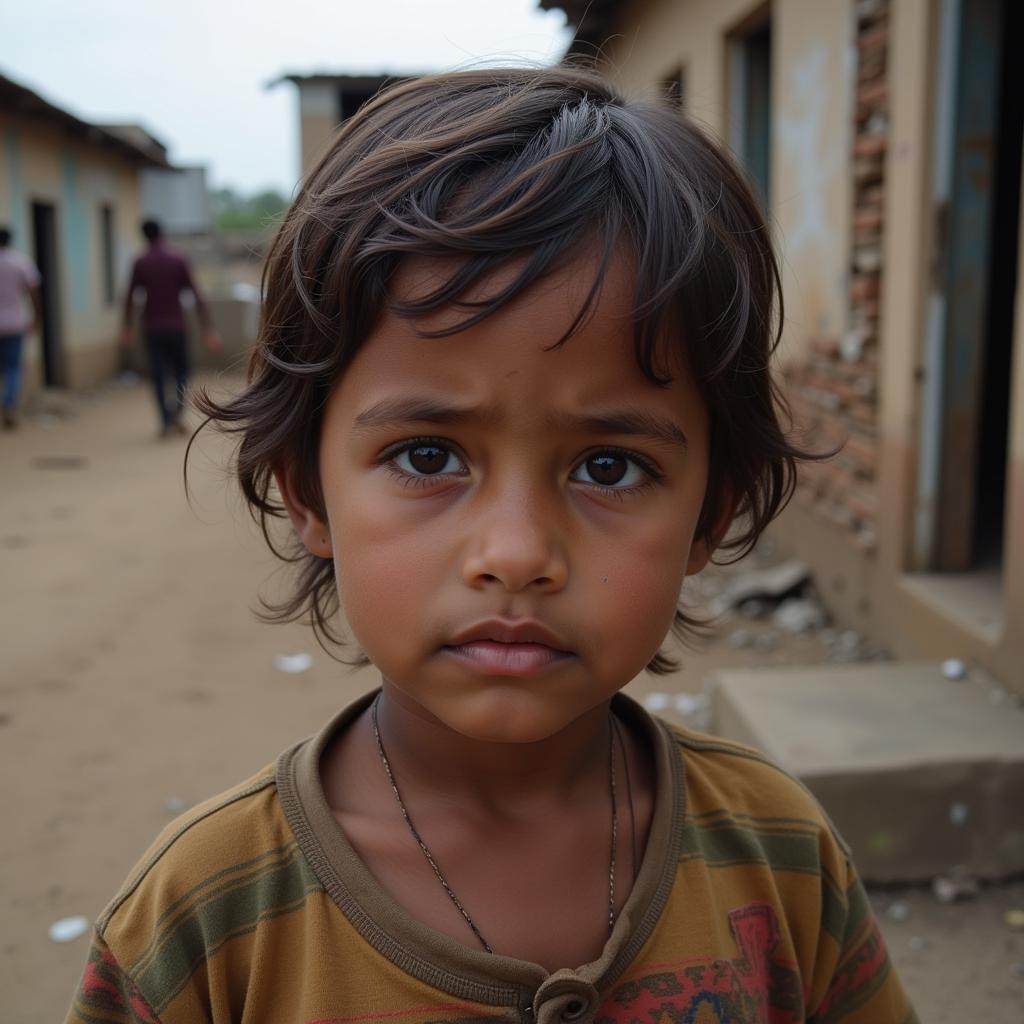African Development Bank Member Countries: A Comprehensive Guide
The African Development Bank (AfDB) Group plays a crucial role in fostering sustainable economic development and social progress in its member countries. Understanding the composition and function of the African Development Bank Member Countries is vital for anyone interested in African economics and development.
Understanding the African Development Bank Member Countries
The AfDB comprises two distinct groups of members: regional and non-regional. Regional members consist of 54 African countries, while non-regional members include 27 countries from across the Americas, Europe, and Asia. This diverse membership reflects the AfDB’s global reach and its commitment to fostering partnerships for African development. The Bank’s primary focus remains on improving the lives of the people of Africa and contributing to the economic and social progress of the continent. The combination of African and non-African member states allows for a unique blend of perspectives and resources, strengthening the institution’s ability to address complex development challenges.
Regional Member Countries and Their Significance
The regional member countries are the primary beneficiaries of the AfDB’s development initiatives. These countries represent a vast spectrum of economies, cultures, and geographic landscapes, facing a unique set of development challenges. The AfDB’s interventions are tailored to the specific needs of each region and country, encompassing sectors such as infrastructure, agriculture, education, and healthcare. The bank’s commitment to regional members is paramount, ensuring that resources are directed towards promoting sustainable and inclusive growth within Africa. The African Development Bank works closely with the African Union member countries to align its development strategies with continental priorities.
Non-Regional Member Countries and Their Role
The non-regional members play a crucial role in providing financial and technical resources to the AfDB. Their contributions significantly enhance the bank’s capacity to implement large-scale development projects and programs across Africa. The partnership between regional and non-regional members is a testament to the shared global interest in fostering sustainable development in Africa. These partnerships provide crucial support, enabling the AfDB to address critical development gaps and accelerate progress towards the Sustainable Development Goals. Understanding the role of non-regional members provides valuable insight into the global nature of development finance and the collaborative efforts required to achieve lasting impact. The African Development Bank hq serves as a hub for coordinating these international partnerships and fostering collaboration among diverse stakeholders.
Navigating the African Development Bank Membership
Who are the African Development Bank member countries?
The African Development Bank member countries consist of 54 African nations and 27 non-African nations. This diverse membership underpins the bank’s global reach and its commitment to collaborative development initiatives.
What are the benefits of being an African Development Bank member country?
Member countries gain access to a variety of financial and technical resources, including loans, grants, and expertise in key development sectors. This support enables member countries to accelerate their development agendas and improve the living standards of their citizens.
“The AfDB’s unique blend of regional and non-regional members creates a dynamic platform for knowledge sharing and resource mobilization,” states Dr. Adebayo Olajide, a prominent economist specializing in African development. “This collaborative approach is essential for tackling complex development challenges and achieving sustainable growth across the continent.”
The Impact of the African Development Bank
The AfDB has played a crucial role in financing infrastructure projects across Africa, from building roads and bridges to developing energy resources. These investments are critical for driving economic growth and connecting communities.
“Investing in infrastructure is not merely about building physical structures,” notes Dr. Fatima Hassan, a leading expert on sustainable development in Africa. “It’s about creating opportunities, connecting communities, and unlocking the continent’s vast potential.” The African financial markets database provides valuable insights into the impact of AfDB investments on financial markets across the continent.
Conclusion: The Power of Partnership in African Development
The African Development Bank member countries represent a powerful partnership dedicated to advancing sustainable development across Africa. This collaboration of regional and non-regional members is instrumental in driving economic growth, improving lives, and shaping a brighter future for the continent. The AfDB’s ongoing efforts to address critical development challenges are essential for achieving long-term prosperity and social progress in Africa. The AfDB’s collaboration with institutions like the 1000 Central Bank of West African States is vital for regional economic integration and stability.
FAQ
- How can I find a list of all African Development Bank member countries?
- What is the role of non-regional members in the AfDB?
- How does the AfDB support its member countries?
- What are the key sectors that the AfDB focuses on?
- How does the AfDB contribute to sustainable development in Africa?
- What is the process for a country to become a member of the AfDB?
- How does the AfDB collaborate with other development institutions?
Common Scenarios
- A researcher looking for detailed information on the AfDB’s member countries and their economic indicators.
- A government official seeking funding opportunities for development projects in their country.
- A student studying international development and wanting to understand the role of the AfDB in Africa.
Further Exploration
Explore more related topics on our website, such as the African Union and its member states, African currencies and exchange rates, and the African financial markets database.
Contact Us
For further assistance or inquiries, please contact us at:
Phone: +255768904061
Email: kaka.mag@gmail.com
Address: Mbarali DC Mawindi, Kangaga, Tanzania.
Our customer service team is available 24/7.

